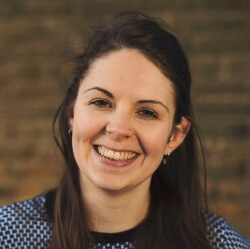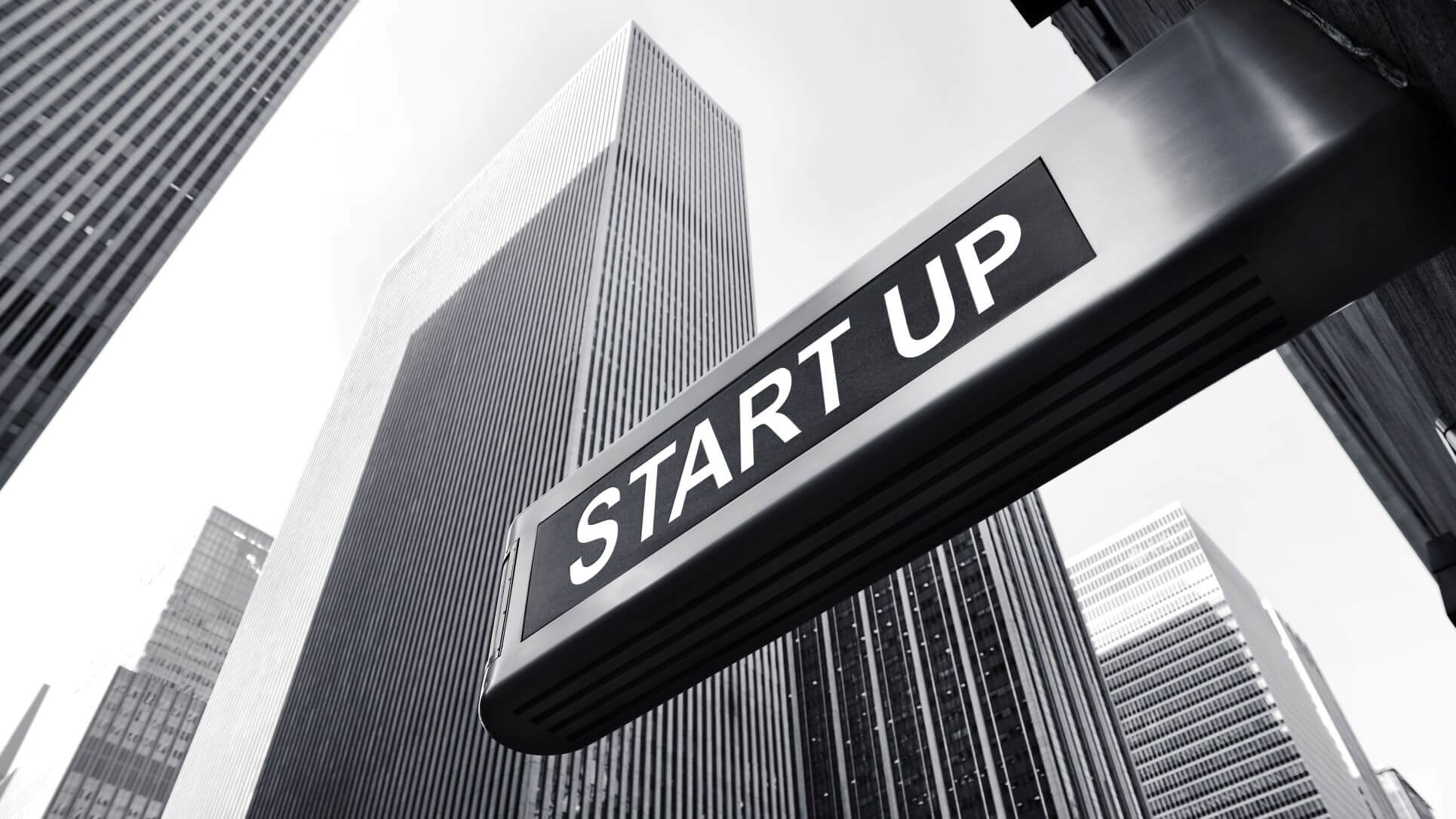There is no one-suit-fits-all for understanding what makes an entrepreneur, but there is a single quality they all share - a hunger to fight rejection.
Tell Me No, I Dare You
There is no one-suit-fits-all for understanding what makes an entrepreneur, but there is a single quality they all share - a hunger to fight rejection.

Most people don’t like being told “no”. It’s a bit too final, isn’t it? Even teachers are told not to say “no” to students. Whilst doing my Celta training course (Certificate in Teaching English to Speakers of Other Languages) we were told to refrain from saying no and instead to use encouraging language like “you’re nearly there” even if the student wasn’t nearly there; not even close.
But “no” can be healthy. “No” can give you something to fight for. “No” has been the birthplace of cultural and societal change; it has served as the origin of revolution.
Over a hundred years ago when women wanted the right to vote and were told no the suffragette movement was born and women took what they wanted through a fight. When men, women and children were forced into slavery and told no, they didn’t have the right to be free, they fought for it.
"No" should be your starter and your motivator with bringing about change as your goal.
Like most people, I grew up used to hearing the word no. “No, you shouldn’t play with the boys; no you’re not good enough; no you can’t do it; no you should go to University; no you can’t get that job”. And more recently: “no you’re not through to this accelerator programme; no you can’t get funding.”
Some of these “no’s” you will have heard, there will be others I have not. But the reason behind the no doesn’t really matter. It’s the reaction to it that does.
I have listened to all the “no’s”, but chosen to ignore most. At school it resulted in weekly ‘On Reports’ and ‘Detentions’, but in the workplace it resulted (eventually) in a new career, promotions, pay rises and a quest to launch a start-up. All thanks to those “no’s”.
This is what all entrepreneurs share – the resistance to being told what to do. But the truth is we love hearing the word “no”. In the face of constant rejection, you only feed our hunger more.
A serial entrepreneur and startup coach I met once said he thought women make better entrepreneurs because they listen to advice (or no’s) and incorporate feedback into their ideas, whereas men typically ignore any advice because they more often than not think their idea is the best it can be.
But I’m not convinced this is a female-only trait. It could merely be because there are far more male entrepreneurs than female, which effects the ratio of listeners:bullshitters. However, that’s another article about misconceptions and fraudsters in the world of start-ups..
What doesn’t seem to have a clear answer is whether resilience is borne or learned; I’d say it’s a combination of both.
Here’s what we know:
- People with at least one entrepreneurial parent are more likely to become entrepreneurs (by 30-200%).
- Men are almost twice as likely as women to become entrepreneurs, but this is changing.
- The level of an entrepreneur’s education is inversely related to the number and turnover of the businesses they start.
Here’s what we don’t know:
- Why do some people thrive when being told no when others fear it?
- Why do some people flourish under pressure when others crumble?
- Why do some people strive to work for themselves when others shudder at the thought?
A lot of the above comes down to priorities and passion. To launch a start-up you need a lot of passion for your business idea, and it must be unwavering. Passion can be encouraged but it cannot be bought, or created, or even faked. You’re either passionate about something or you’re not. But passion doesn’t always result in a business either.
Which takes me to priorities.
Everyone’s priorities are different. Some people dream of getting married, having babies and being a stay-at-home dad; family is their priority. For some work is a priority - getting to the top of their game.
For some it is money, and for others it could be making an impact, helping others, standing up for causes, or achieving equality. The list goes on but it’s important to understand and respect that we all have different priorities and so for many becoming an entrepreneur doesn’t make sense or appeal in any way.
Not everyone wants to be an entrepreneur. Not everyone wants to be a parent. Not everyone wants to have a dog. But you need to want something to exact change.
Entrepreneurs have a bee in their bonnet. They think they’ve spotted something that is missing, or that is being wrongly executed and their way is better. They’ve got the solution everyone needs and when you tell them “no” you feed their already determined beast.
But there’s a problem - that old repeatable “but we’ve always done it this way.” A single person with a good idea sadly isn’t enough to right this awful sentence.
We need the parents and the dog owners, the other entrepreneurs, the activists and the socialites, the celebrities and the dignitaries. As with revolutions, change does not occur unless you can get the masses (or enough of them) behind you.
The “no’s” might be feeding the entrepreneurs, but if you want to end the good fight, you need more people with an appetite for change.
Daisy Pledge is founder of Surreal Studios.
Thanks for signing up to Minutehack alerts.
Brilliant editorials heading your way soon.
Okay, Thanks!

